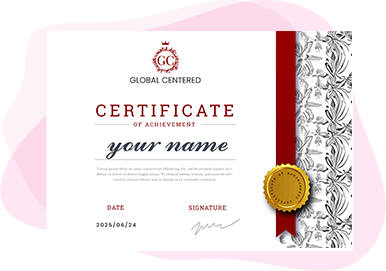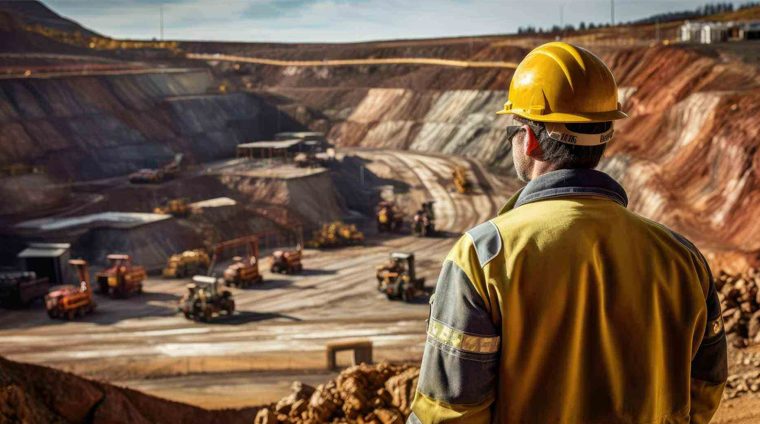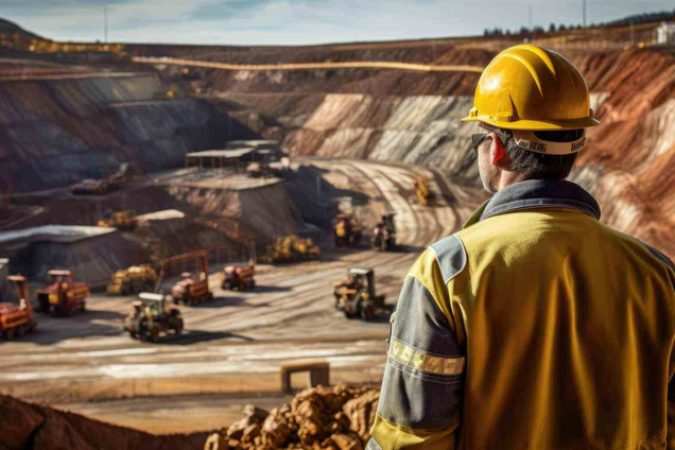Description
Introduction
This intermediate-level course builds on fundamental geophysical knowledge, focusing on data processing, advanced interpretation, and integration of geophysical methods in mineral exploration. It provides in-depth training on geophysical surveys and their application to phosphate, gold, and bauxite deposits.
Date
Day | Time | Price | Country |
|---|---|---|---|
Mon – Wed | 8:00 – 10:00 | $5/hrs | Turkey |
Tue – Thu | 18:00 – 19:00 | $5/hrs | Turkey |
Wed – Fri | 20:00 – 21:00 | $5/hrs | Turkey |
Sat – Sun | 18:00 – 19:00 20:00 – 21:00 | $8/hrs | Turkey |
This Training Course Will Highlight
- Advanced data acquisition and processing techniques in geophysical surveys.
- Integration of multiple geophysical datasets for ore body modeling.
- Geophysical anomalies and their geological significance.
- Advanced airborne and remote sensing geophysical surveys.
- Exploration targeting and risk management in geophysical studies.
Objectives
- Understand the basic principles of geophysical exploration.
- Learn about different geophysical methods and their applications in mineral prospecting.
- Gain an overview of how geophysical data is collected and interpreted.
- Recognize the importance of geophysical surveys in reducing exploration risks.
- Develop knowledge of basic geophysical equipment and field techniques.
Training Methodology
- Instructor-led lectures on geophysical principles.
- Hands-on demonstrations of geophysical equipment.
- Basic data processing and interpretation exercises.
- Fieldwork discussions on real-world geophysical surveys.
- Interactive Q&A sessions with exploration geophysicists.
- Case Study: Geophysical survey for phosphate, gold, or bauxite exploration.
Organizational Impact
- Enhances early-stage exploration capabilities through geophysical methods.
- Improves efficiency in mineral exploration and deposit identification.
- Strengthens interdisciplinary collaboration between geologists and geophysicists.
- Supports better decision-making in exploration project planning.
- Reduces exploration costs by improving target accuracy.
Personal Impact
- Develops fundamental skills in geophysical exploration.
- Improves interpretation of geophysical survey results.
- Strengthens knowledge of ore deposit formation and geological settings.
- Expands career opportunities in mineral exploration and geophysics.
- Builds confidence in basic geophysical data collection and analysis.
Who Should Attend?
- Entry-level geologists and mining engineers.
- Junior exploration geophysicists in mining companies.
- Government and regulatory personnel involved in mining oversight.
- Environmental scientists working in mine development and land use planning.
- Undergraduate geology and mining students.
- Technical staff in geological and geophysical survey organizations.
- Professionals transitioning into the field of mineral exploration.
Course Outline
Day 1
Geophysical Survey Design and Data Acquisition- Planning a geophysical survey – choosing the right method.
- Field data collection techniques and equipment calibration.
- Airborne vs. ground-based geophysical surveys – benefits and trade-offs.
- Borehole geophysics and subsurface imaging.
- Quality control and data validation in geophysical surveys.
- Designing a geophysical survey for phosphate exploration.
Day 2
Advanced Gravity and Magnetic Interpretation- High-resolution gravity and magnetic data processing.
- Geophysical anomaly filtering and enhancement techniques.
- Structural interpretation from magnetic and gravity data.
- Mapping deep-seated ore deposits using gravity and magnetics.
- Field-based case study on gold exploration using magnetic surveys.
- Analyzing real geophysical datasets.
Day 3
Electromagnetic, Induced Polarization, and Resistivity Techniques- Advanced application of EM methods for ore body detection.
- Understanding chargeability and resistivity for sulfide exploration.
- Exploring deep mineralization using EM and IP techniques.
- Geoelectrical data processing and noise reduction techniques.
- Induced polarization survey for bauxite deposits.
Day 4
Seismic Methods and Advanced Remote Geophysical Techniques- Seismic reflection and refraction surveys in mineral exploration – principles and applications.
- Using seismic methods for deep ore body detection – understanding wave propagation in mineralized zones.
- Passive seismic tomography for mineral exploration – how it helps in regional-scale exploration.
- Applications of airborne geophysical surveys (Magnetics, EM, Radiometrics, Gravity).
- Borehole geophysical logging for ore body characterization – measuring physical rock properties at depth.
- Seismic imaging for deep gold deposits in structurally complex settings.
Day 5
Data Integration, 3D Modeling, and Interpretation Techniques- Integrating geophysical, geological, and geochemical datasets for improved exploration success.
- 3D geophysical modeling and inversion techniques – visualizing subsurface structures.
- Geophysical anomaly ranking and prioritization for drilling programs.
- Risk management and uncertainty analysis in geophysical exploration.
Cancellation policy
no refund is accepted
Certificate


Free
Skill level Intermediate
100% positive reviews
Language: English
Assessments: Self
Step Into a World of Knowledge and Growth
Imagine a place where learning is not just about theory
Courses you might be interested in
Introduction This advanced-level course is designed for senior geophysicists, exploration managers, and mining professionals who require a deep understanding of advanced geophysical exploration techniques, data processing, and 3D ore body...
-
0 Lessons
Free
Introduction This course provides a fundamental understanding of geophysical methods and their role in mineral exploration. It introduces participants to different geophysical techniques used to locate mineral deposits, including magnetic,...
-
0 Lessons
Free
Free

